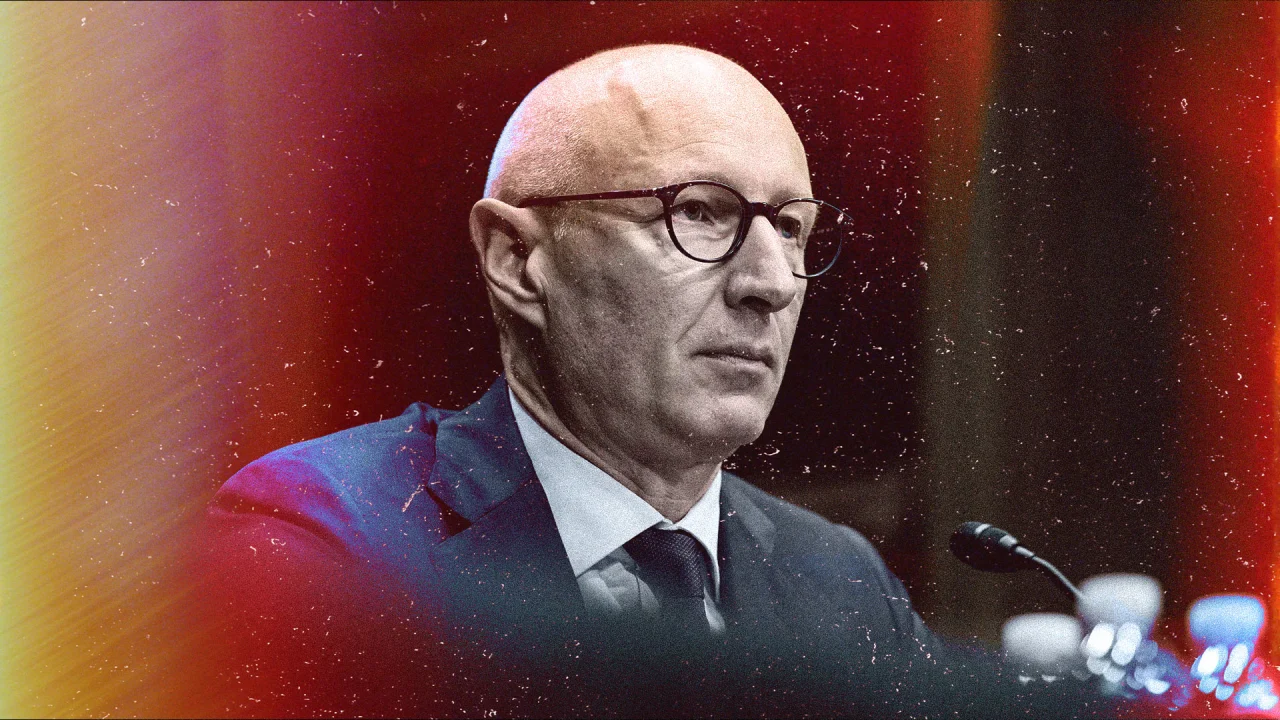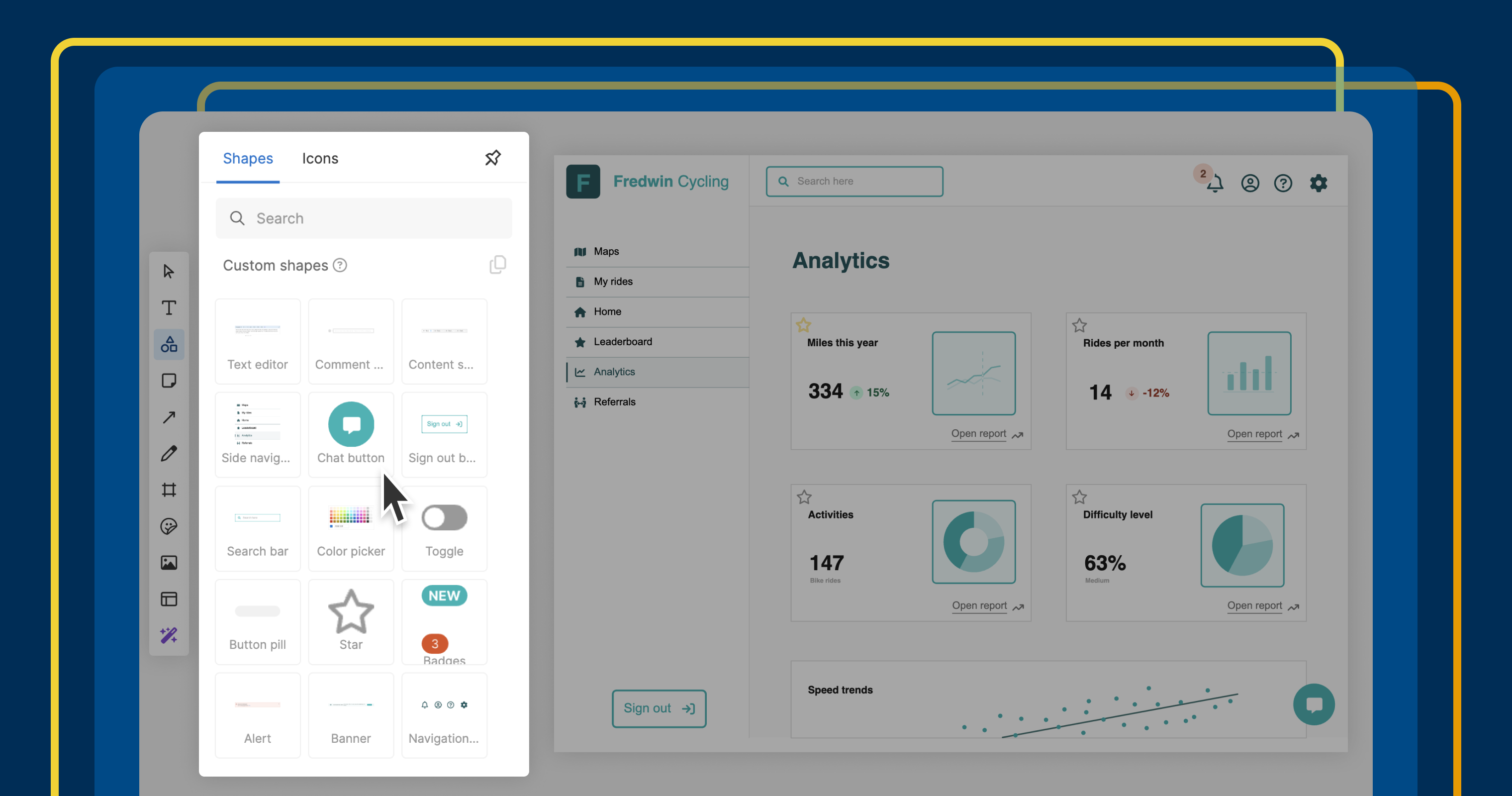Novo Nordisk announces CEO transition as share price slips
Novo Nordisk announced Friday that it would part ways with its longtime CEO, who steered the company into an unprecedented boom time for weight loss drugs. The Ozempic maker’s chief executive Lars Fruergaard Jorgensen first joined the company as an economist in 1991. Jorgensen has served as Novo Nordisk’s CEO since 2017, leading the company before the current gold rush in weight loss drug development was imaginable. In a press release announcing the move, Novo Nordisk cited market challenges and its declining share price in a press release announcing the leadership shake up. Jorgensen will stay on as CEO temporarily for an undetermined period of time “to support a smooth transition” as the company looks for his replacement. Novo Nordisk’s value more than quintupled between 2017 and 2024, but the company’s shares have fallen sharply since late last year, weighed down by big pharma rivals catching up and the proliferation of compounding pharmacies handing out affordable knockoffs of its signature drugs amid supply shortages. First out of the gate but struggling to stay ahead As a 100-year old company focused on treating diabetes since day one, Novo Nordisk initially enjoyed a first mover advantage – but that edge has faded. Novo Nordisk’s semaglutide drug is a class of drugs known as a GLP-1 agonist, which simulates a hormone that would naturally be released during digestion. Novo’s semaglutide drug, marketed as Ozempic, was originally developed to treat type 2 diabetes. In 2021, the FDA approved Wegovy, a version of Novo’s medication designed for weight loss and the first drug in that category to be approved since 2014. Novo Nordisk’s American competitor Eli Lilly made up ground quickly, securing FDA approval for its diabetes drug Mounjaro and its weight management counterpart Zepbound in 2022 and 2023, respectively. Eli Lilly shares have soared since those drugs started hitting the market, showing no sign of flagging. Jørgensen was well aware that Novo Nordisk would need to push an aggressive pace of drug development to stay ahead. In late 2023, the company announced that it would buy a startup developing weight management drugs for $1.07 billion, just one massive deal in a flurry of acquisitions meant to shore up its defenses. A drug for everything To stay ahead, Novo Nordisk is pushing its semaglutide treatments into other areas of medicine. “Cardiologists started being interested in GLP-1s,” Jørgensen told Fast Company in 2023. “The whole medical understanding of the link between obesity and diabetes, cardiovascular disease, hypertension, and all of these cardiometabolic diseases is being understood now.” Last year, the FDA approved Wegovy to reduce the risk of heart disease and in January Ozempic got the green light for treating kidney disease. For semaglutide drugs, and their counterparts from rival companies, osteoarthritis, Alzheimer’s, liver disease and even addiction are all in play in the race to the next big thing. This week, the company announced a $2.2 billion partnership with Bay Area biotech startup Septerna to develop a pill form of its weight loss and diabetes drugs. Novo Nordisk characterized Jørgensen’s departure as a mutual agreement but noted that the change was the “wish” of the Novo Nordisk Foundation, an independent nonprofit that controls the company – an ownership structure that is common among large Danish businesses. The foundation is designed to steer leadership from a long-term perspective and also doles out large scientific grants on topics ranging from endocrinology to climate-adapted soil. Lars Rebien Sørensen, who chairs the Novo Nordisk Foundation, will join its board as an observer while the company seeks a new CEO. Sørensen is expected to be nominated for a seat on the board during an annual meeting in 2026. “We think of course in delivering here and now, but equally we think in decades forward,” Jørgensen told Fast Company in 2023, describing the foundation’s role.

Novo Nordisk announced Friday that it would part ways with its longtime CEO, who steered the company into an unprecedented boom time for weight loss drugs.
The Ozempic maker’s chief executive Lars Fruergaard Jorgensen first joined the company as an economist in 1991. Jorgensen has served as Novo Nordisk’s CEO since 2017, leading the company before the current gold rush in weight loss drug development was imaginable.
In a press release announcing the move, Novo Nordisk cited market challenges and its declining share price in a press release announcing the leadership shake up. Jorgensen will stay on as CEO temporarily for an undetermined period of time “to support a smooth transition” as the company looks for his replacement.
Novo Nordisk’s value more than quintupled between 2017 and 2024, but the company’s shares have fallen sharply since late last year, weighed down by big pharma rivals catching up and the proliferation of compounding pharmacies handing out affordable knockoffs of its signature drugs amid supply shortages.
First out of the gate but struggling to stay ahead
As a 100-year old company focused on treating diabetes since day one, Novo Nordisk initially enjoyed a first mover advantage – but that edge has faded.
Novo Nordisk’s semaglutide drug is a class of drugs known as a GLP-1 agonist, which simulates a hormone that would naturally be released during digestion. Novo’s semaglutide drug, marketed as Ozempic, was originally developed to treat type 2 diabetes. In 2021, the FDA approved Wegovy, a version of Novo’s medication designed for weight loss and the first drug in that category to be approved since 2014.
Novo Nordisk’s American competitor Eli Lilly made up ground quickly, securing FDA approval for its diabetes drug Mounjaro and its weight management counterpart Zepbound in 2022 and 2023, respectively. Eli Lilly shares have soared since those drugs started hitting the market, showing no sign of flagging.
Jørgensen was well aware that Novo Nordisk would need to push an aggressive pace of drug development to stay ahead. In late 2023, the company announced that it would buy a startup developing weight management drugs for $1.07 billion, just one massive deal in a flurry of acquisitions meant to shore up its defenses.
A drug for everything
To stay ahead, Novo Nordisk is pushing its semaglutide treatments into other areas of medicine. “Cardiologists started being interested in GLP-1s,” Jørgensen told Fast Company in 2023. “The whole medical understanding of the link between obesity and diabetes, cardiovascular disease, hypertension, and all of these cardiometabolic diseases is being understood now.”
Last year, the FDA approved Wegovy to reduce the risk of heart disease and in January Ozempic got the green light for treating kidney disease. For semaglutide drugs, and their counterparts from rival companies, osteoarthritis, Alzheimer’s, liver disease and even addiction are all in play in the race to the next big thing. This week, the company announced a $2.2 billion partnership with Bay Area biotech startup Septerna to develop a pill form of its weight loss and diabetes drugs.
Novo Nordisk characterized Jørgensen’s departure as a mutual agreement but noted that the change was the “wish” of the Novo Nordisk Foundation, an independent nonprofit that controls the company – an ownership structure that is common among large Danish businesses. The foundation is designed to steer leadership from a long-term perspective and also doles out large scientific grants on topics ranging from endocrinology to climate-adapted soil.
Lars Rebien Sørensen, who chairs the Novo Nordisk Foundation, will join its board as an observer while the company seeks a new CEO. Sørensen is expected to be nominated for a seat on the board during an annual meeting in 2026.
“We think of course in delivering here and now, but equally we think in decades forward,” Jørgensen told Fast Company in 2023, describing the foundation’s role.



















































































































![Are AI Chatbots Replacing Search Engines? AI vs Google [New Research]](https://www.orbitmedia.com/wp-content/uploads/2025/05/How-often-are-we-using-AI-chatbots_.webp)


































